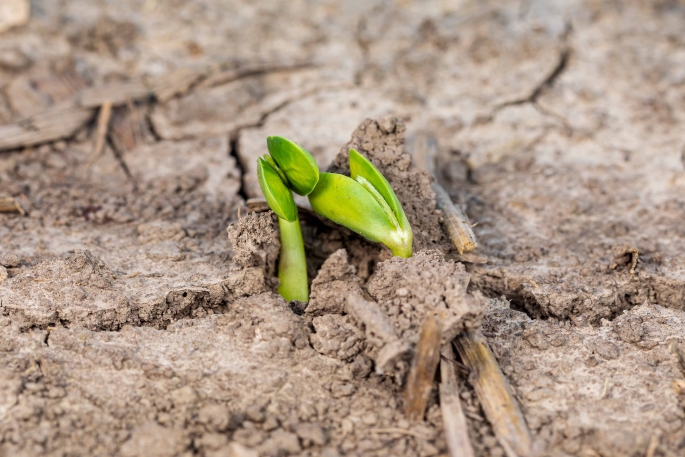The Environmental Protection Authority (EPA) is analysing 465 responses received to its call for information on the herbicide glyphosate.
General Manager Hazardous Substances and New Organisms Dr Chris Hill says he is pleased with the range of responses the EPA received.
"There has been a pretty even split between responses from the public, and users and suppliers of glyphosate. It was good to see a decent representation from all sectors.
"Information from the public made up just under half of the overall responses, at 45 per cent; professional users - such as councils - account for 44 per cent; organisations seven per cent; and responses from those involved in the supply chain made up four per cent.
"I want to thank all parties that participated in this call for information. Over the coming months we will be reviewing and analysing the information that has been provided and plan to publish a summary report in early 2022.
"The European Chemicals Agency and the European Food Safety Authority are in the process of reviewing the classification and approval of glyphosate, with their conclusions set to be released in mid-2022.
"The information we have received from our call for information will enable us to have a greater understanding of the New Zealand context by the time the EU findings are published. It will ensure we’re better prepared to assess those findings and inform our next steps."
Dr Belinda Cridge is a mechanistic toxicologist and technical lead for drinking water at the Institute of Environmental Science and Research.
She says she does not have serious concerns about the toxicity of glyphosate, but welcomed the call by the EPA for information.
“Our understanding of chemicals develops over time and it is incumbent upon the EPA to continually reassess current literature, knowledge, and social acceptance of the chemicals we use.
She says there are major reviews of glyphosate occurring in the US and Europe available to update the understanding of the risks and benefits of glyphosate use.
“It is important that the EPA has New Zealand-relevant information to allow decisions as to the future use of the chemical here.”
Glyphosate is widely used to prevent deep-rooted weeds from taking over crops and decreasing productivity, says a report by the New Zealand Institute of Economic Research NZIER on the benefits of glyphosate.
The report estimates that herbicides are worth up to $8.6 billion to NZ agriculture.
Glyphosate will eliminate nearly all weeds, which many other herbicides cannot.
Without it, the report says producers would face substantial weed pressure - as weeds compete with crops for light, water and nutrients.
Pressure also exists with meeting climate change goals and farmers can reduce their environmental footprint by minimising tillage - benefiting soil health, lessening carbon emissions, conserving water and reducing labour and fuel costs.



0 Comments
Leave a Comment